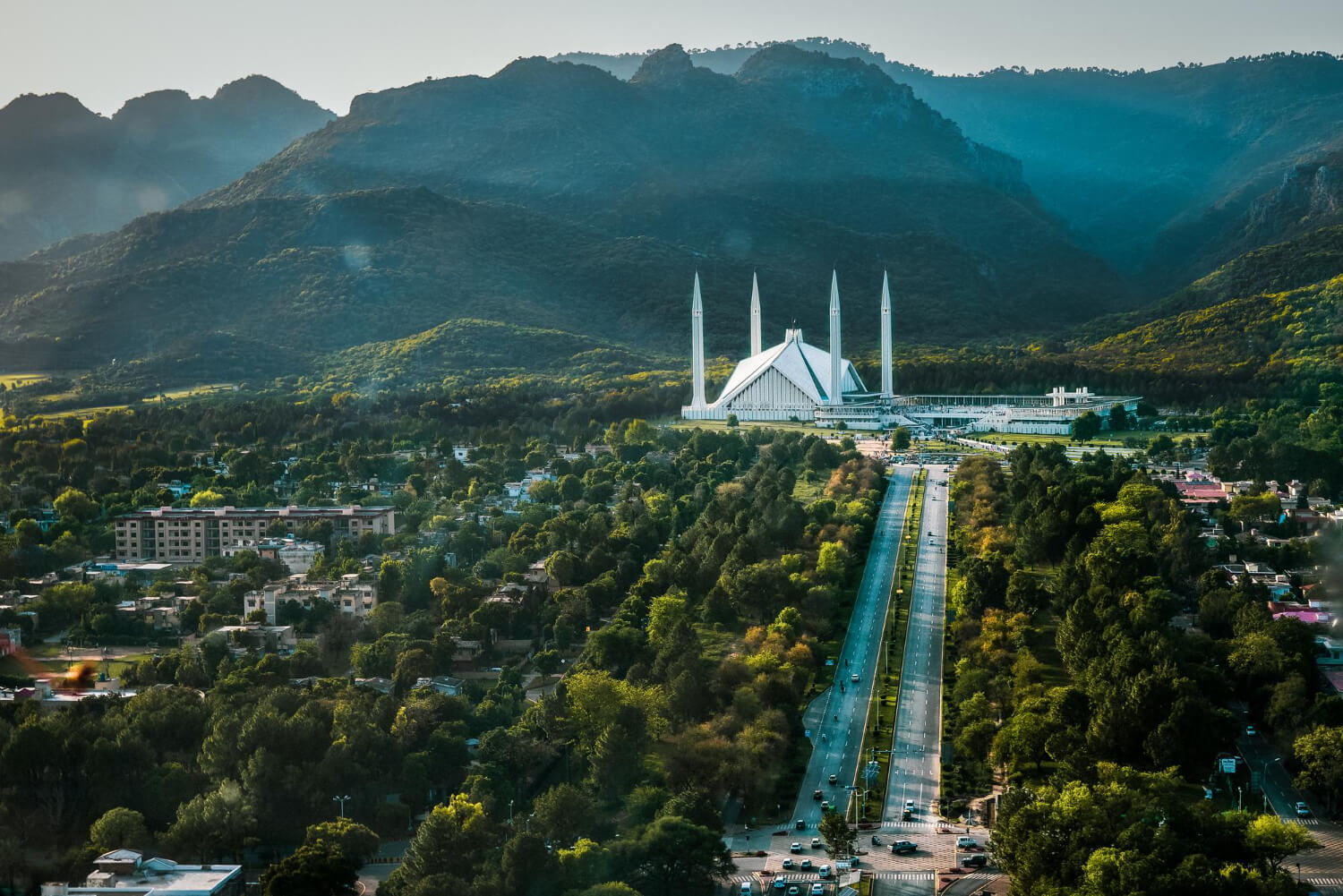The global market for hemp products has grown significantly, and countries worldwide are keen to tap into its potential. Recently, Pakistan announced plans to join this lucrative industry by allowing commercial cultivation of hemp starting January 2025. This move is expected to boost the nation’s economy through foreign exchange earnings and create numerous economic opportunities.
Pakistan’s hemp market expansion
Pushing the boundaries of agricultural innovation, Pakistan aims to capitalize on the growing demand for hemp-based products globally. With a global market value reaching billions, the government sees immense potential in regulated hemp cultivation. Despite having an existing $5 billion hemp industry, it remains largely untapped, which underscores the need for strategic development and regulation.
Regulatory framework and oversight
To ensure the hemp industry‘s proper management and growth, the Pakistani government established the Cannabis Control and Regulatory Authority (CCRA). Headed by the Defense Secretary, CCRA comprises representatives from various ministries and law enforcement agencies. The authority’s key roles include issuing licenses for commercial cultivation and overseeing both cultivation and processing activities. This centralized control is critical for maintaining quality standards and maximizing economic benefits.
Research and development initiatives
Significant efforts are being invested in research and development to explore hemp’s myriad uses. Barani Agricultural University is at the forefront of these initiatives, dedicating a two-acre area for hemp experimentation. These projects have successfully generated various hemp products, showcasing the plant’s versatility and opening doors to new markets. Research plays a crucial role in optimizing yield and developing high-value hemp derivatives.
Economic prospects and export potential
An official from the Pakistan Council of Scientific and Industrial Research highlighted the economic advantages of joining the hemp industry. The country could potentially earn $5-7 billion in foreign exchange through hemp exports, tapping into diverse international markets, including the United States. Notably, U.S. tax exemptions on hemp imports further enhance the attractiveness of exporting hemp products, providing a competitive edge.
Global market integration
The global hemp market spans over 50 countries, integrating hemp into pharmaceuticals and other industries. By entering this expansive market, Pakistan positions itself as a key player with significant contributions. Establishing strong trade relations and adhering to international standards will be paramount to succeeding in this competitive arena.
Future directions and challenges
While the prospects are promising, several challenges must be addressed to implement hemp cultivation successfully. Continuous investment in R&D, stringent regulatory practices, and international collaborations are vital. Furthermore, educating local farmers about best practices and ensuring their compliance with regulations will foster a sustainable growth model. Building infrastructure for processing and distribution also remains essential for achieving long-term success.
By embarking on this journey in the hemp industry, Pakistan stands at the threshold of significant economic transformation. The meticulous planning and structured approach toward hemp cultivation reflects the country’s commitment to leveraging this opportunity. As the world looks toward diversified agricultural products, tapping into the hemp market can pave the way for substantial economic benefits and industrial advancements for Pakistan.





